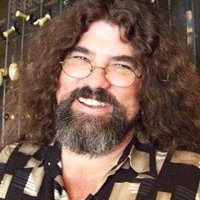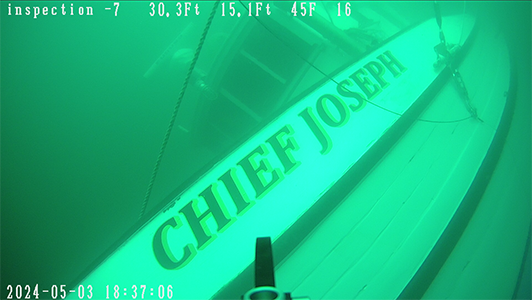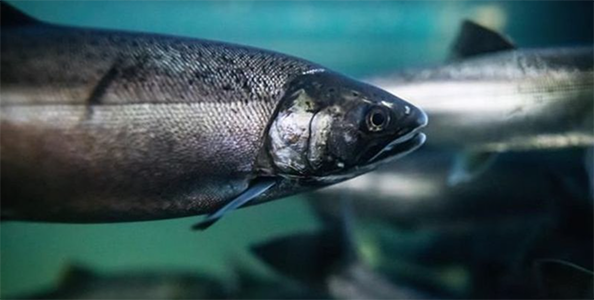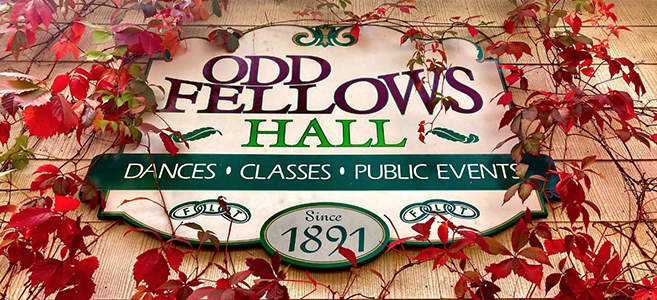||| SUN DAYS ON ORCAS by EDEE KULPER |||

Today is the final question-and-answer session with my brother Jack…
Edee:
Fear of God (or fear of an absence of God) can change a person’s entire motivation, belief, and desire. When I get to the root of who I am and what I believe, one of the reasons I follow Christianity is because I don’t want to be left out if it’s real. I don’t want my soul to live eternally lonely due to a decision I made on earth. It sounds ridiculous to put into words, really, and when written, frankly it makes me question my motives. Should fear have any part in believing God? By the same token, it makes me not want to believe in the God of the bible. Then the moment fear isn’t a part of my internal concept, that’s when I’m drawn to ideas of God. What are your thoughts on that?
Also, how do we love God with all our heart, soul, mind, and strength (Mark 12:30) when we are steeped in love as an earthly, tactile, feeling sensation? I can’t typically will myself to love someone, nor do I pray myself into loving someone. Relationship, to me, isn’t characterized by silence, aloneness, or imagination. Nor does a relationship exist because I simply decide it does due to how much I read or pray. Modern Christian culture is all about “our relationship with God.” After decades of bible-reading, praying, and churching, I would be a fraud to say I feel any “relationship” with the God of the bible. I wonder if sometimes I’m just talking and praying to the air. If I allow myself to step outside of the biblical framework, I have an easier time understanding God as something that exists at a quantum level in us, around us, and everywhere that there is life. In other words, God maintains life, and love is the energy that holds everything together. But that doesn’t sound very biblical. What are your thoughts on that?
Jack:
These are profound questions, intimately related. I can only hope to skim the surface of them, even though I feel like I’ve been wrestling with them my whole life.
My understanding of God as a twentieth-century boy sitting in Sunday School was not much different from my understanding of Santa Claus. Both Santa Claus and God were all-knowing judges keeping lists of who was naughty and who was nice, granted with the power to decide our fates. Will I deserve reward or punishment?
As an adult, I rejected a lot of what I was taught by the religion I grew up in, but I still have the deep belief that something valuable is going on behind the scenes. And I still hope for an afterlife. It’s difficult to look at something from a fresh mind after being taught at an early age, but trying to set aside those early childhood images long enough to learn what the bible really says about God has been rewarding. I don’t think I will ever feel like I have completed the journey, but I think I can make the following point with confidence: God loves us.
If we go way back to the very beginning, what did God really want from us? We are born into a world that is chaotic and surprising and unpredictable and dangerous, but God showed the possibility of bringing order to the chaos in the form of a garden. A garden is a way of taming nature to get what we need, and the earth is big enough to provide for everyone.
So, what did God proclaim that we should do? He said we should be fruitful and multiply, and fill the earth and subdue it.
Genesis 1:28 says:
“And God blessed them. And God said to them, ‘Be fruitful and multiply and fill the earth and subdue it, and have dominion over the fish of the sea and over the birds of the heavens and over every living thing that moves on the earth.'”
What does it mean to subdue the world? We can bring order to nature by planting gardens, and by making more babies to plant even more gardens, gradually spreading good stewardship throughout the world. The rest of the biblical account (before Jesus) contains many stories about people not trusting the plan and failing in one way or another. As soon as there are selfish people living selfishly, rules about how to live in society need to be developed, regardless of whether they are living in relationship to God or not. Laws and judges, contracts and covenants and penalties; an ever-growing structure of legalism that persists to this day.
Is it working?
The grand plan was an abundant world sustaining us with everything we need. Compare the vision of fruitful stewards with our present world of refugees, brutalities, crippling poverty, and starvation. It doesn’t seem like we are doing a very good job, does it?
Anyway, back to the original questions… Although we don’t seem capable of trusting a good shepherd to lead us as a loving community, a lot of the fearful attitudes about heaven and hell and obedience and discipline and crusades and eternal torment and the fear of God are more Medieval than biblical, and it makes me sad to think how many people may have been turned away by the teachings of men. Many Christians in organized religions seem to have given up on the world, and seem to be merely ‘waiting to die so they can go to heaven.’ I’m sure that’s not the ideal life that God intended.
Personally, I’m not always loving and I’m often a fearful person. I admit weakness both in my attitude toward God and toward other people. Maybe fear and love are opposite sides of the same coin. Although I try to stay open to the Spirit working through my life, I can’t honestly say much about ‘my personal relationship with God’ or ‘the power of prayer’ or several of the other interesting facets of the questions above. But I can say this: I truly believe that if God exists, he loves us and cares about us. I think God would be happy if we would simply have our babies and plant our gardens and love each other.
Edee, your questions are really good and the way you ask them is revealing. You have a way of sharing yourself even in the asking. I admire that, and I’m grateful that you asked your ‘big brother’ to participate. This has been a good experience for me.
Edee:
Thank you so much for taking the time to ponder God with me, Jack. I will always love hearing your thoughts and opinions. For Christmas I sent the same books to you and me so that we can continue bouncing ideas off each other. I can’t wait to hear what you think after we both read them in tandem, from afar. For all I know, you may already be familiar with them. (If you’re curious, readers, they are three books by Rob Bell: Love Wins, What is the Bible?, and Everything is Spiritual, and one book by Joe Dispenza: Breaking the Habit of Being Yourself. I am not endorsing them, simply reading them to see what they say.)
If any of you readers would like to answer any of the questions I asked my brother, feel free to do so in the comments section.
Make sure to go to Jack’s website below to see his scripture paintings (he calls them “Scrisual Art”), read his essays, and listen to his Sunday reflections when his church has asked him to speak:








